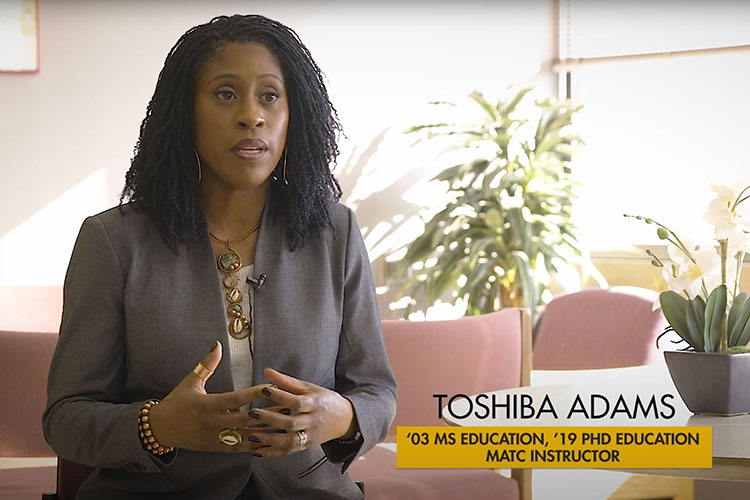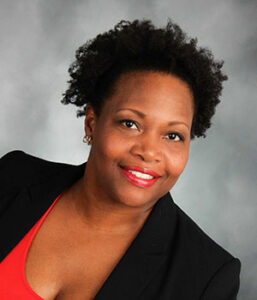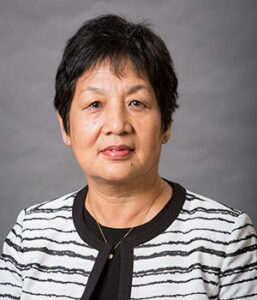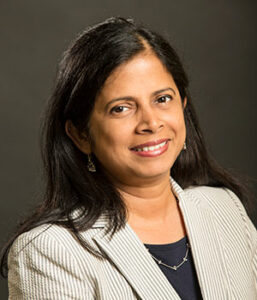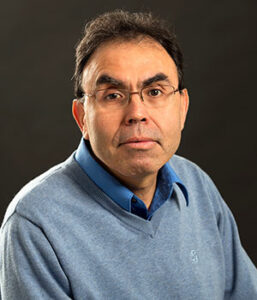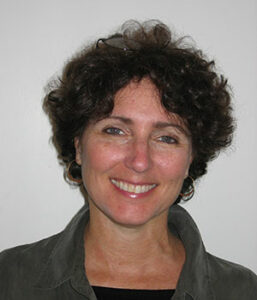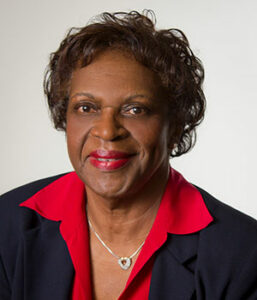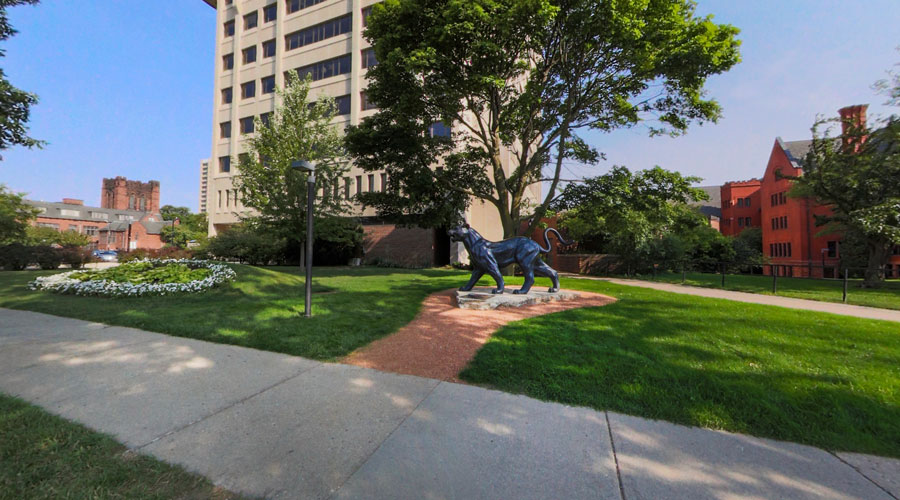Cultural Foundations of Community Engagement and Education MS
A multidisciplinary master’s program focusing on social justice and change in schools and communities. The master’s in community engagement program offers online and hybrid courses for busy working adults. Graduates work in schools, community-based organizations, universities, and more.
Program Type
Master’s
Program Format
On Campus, Online
Program Highlights
- Flexibility: Program is offered fully online or hybrid.
- Diversity: Thrive with students from diverse groups and backgrounds.
- Expert Faculty: Online for more than a decade, taught by experienced instructors.
Students in the Cultural Foundations of Community Engagement and Education master’s program will:
- Expand their understanding of social justice.
- Gain skills to lead in community-based organizations and schools.
- Learn strategies for collaborating in schools and communities.
- Explore school and community policy.
- Develop creative solutions for social change.
- Draw from the fields of sociology, history, philosophy and anthropology.
Please Note
- The MS in Cultural Foundations of Community Engagement and Education program does not license teachers for public K-12 schools.
- Required classes for this master’s program are offered face-to-face/hybrid in alternate years.
Lower Tuition Option for Online, Out of State Students
Are you an online, out of state or non-resident student? Non-resident, online graduate students are charged a per-credit fee in lieu of tuition that is similar to resident tuition, resulting in substantial savings. Don’t let the out-of-state tuition cost stop you from applying.
Racial and Social Justice in Education Certificate
Complete the Graduate Certificate in Racial and Social Justice in Education concurrently with your MS in Cultural Foundations, taking no additional credits.
Program Requirements
Core Courses
- Educational Policy 702: Cultural Foundations of Education Graduate Seminar
- Educational Policy 705: Sociology of Education and Community Engagement
- Educational Policy 710: Research Methods in Education and Community Engagement
- Educational Policy 740: Philosophy of Education and Community
- Educational Policy 750: History of Education in American Communities
Sample Electives
Optional Focus Areas
Some students choose a focus area for their program, which can include:
- Alternative education/Students placed at risk
- Race relations/Racial justice
- African Americans and education
- Community engagement and partnerships
- Community action and change
- Policy and leadership in community-based organizations
- Culturally relevant pedagogy
- Educational reform
- Gender and education, Latinx education, and more
Exit Requirements
Students in the master’s in community engagement program must complete a capstone final paper, project, or thesis.
Application Process
Admissions are handled by UWM’s Graduate School. Individual faculty advisors are assigned after you are admitted. To learn more about the application process and start your online application, go to the UWM Graduate School Panthera Online Application webpage.
The Master’s Application Checklist (PDF) is a helpful resource.
Alumni Profiles
Explore brief video interviews with Cultural Foundations of Community Engagement and Education MS graduates. Learn how the degree supported their careers and about the jobs they are doing now.
- Alberto Maldonado, Director, Roberto Hernandez Center (YouTube)
- Anna Gibson, Social Studies Teacher, Whitefish Bay School District (YouTube)
- Millie Coby, Community Engagement and Strategic Initiatives Manager, Employ Milwaukee (YouTube)
- Kevin Foley, Administrative Manager, Madison College (YouTube)
- Angie Cervera, English Teacher, Racine Unified School District (YouTube)
Graduates Hold Jobs In
- Nonprofit, Community-Based Organizations and Government
- Public, Private and Charter Schools
- Higher Education Institutions
- Many other related settings
Alumni Jobs in Nonprofit Organizations and Government
| Position Title | Organization |
|---|---|
| Youth Programs Manager | Kellogg PEAK Initiative |
| Program and Policy Analyst | Department of Children and Families |
| College Access & Success Services Manager | Boys & Girls Clubs of America |
| Program Coordinator | La Causa, Inc. |
| Grants Manager | Howard Area Community Center |
| Manager of Community Engagement | Medical College of Wisconsin |
| Program Director | Holton Youth and Family Center |
| Director of Program Implementation and Community Outreach, Institute for Child and Family Well-Being | Medical College of Wisconsin |
| Program Coordinator | Milwaukee LGBT Community Center |
| Director of Programs | Milwaukee Christian Center |
| Executive Director | Walker’s Point Youth & Family Center |
| Program Officer, Workforce Development | Bader Philanthropies, Inc. |
| Director of Workforce Planning | Aurora Health Care |
Alumni Jobs in Education
Teachers and administrators who have completed the program work in a range of locations, including:
- Milwaukee
- Kenosha
- Racine
- Wauwatosa
- Oneida Nation
- Auburn, Alabama
- Brazil
- Among many other locations
| Position Title | Organization |
|---|---|
| Student Advisor | UW-Milwaukee, Madison College, others |
| Director, Roberto Hernandez Center | UW-Milwaukee |
| Scholarship Program Director | Mount Mary University |
| Director of Multicultural Affairs | Carleton College |
| Assistant Director, MKE Scholars Program | UW-Milwaukee |
| Interim Co-Director, 4-H | UW Extension |
| Administrative Manager | Madison College |
| School Intervention Program Manager | Medical College of Wisconsin |
| Director of External Relations | UW-Milwaukee |
- Associate Professor, Educational Policy and Community Studies
- Program Director, Alternative Education
- rfarhin@uwm.edu
- Enderis Hall 523
- Associate Professor, Educational Policy and Community Studies
- kalyanir@uwm.edu
- 414-229-2587
- Enderis Hall 519
- Professor, Educational Policy and Community Studies
- Department Chair, Educational Policy and Community Studies
- Program Director, Community Engagement and Education
- Program Director, Cultural Foundations of Community Engagement and Education
- schutz@uwm.edu
- 414-229-4150
- Enderis Hall 553
- Professor, Educational Policy and Community Studies
- swaminar@uwm.edu
- Enderis Hall 557
- Associate Professor, Educational Policy and Community Studies
- jtapia@uwm.edu
- 414-229-5261
- Enderis Hall 563
- Lecturer, Educational Policy and Community Studies
- bwtrager@uwm.edu
- 414-229-3161
- Student Union WG28
- Teaching Faculty III, Educational Policy and Community Studies
- atroiano@uwm.edu
- 414-229-4724
- Enderis Hall 529
- Lecturer, Educational Policy and Community Studies
- avw@uwm.edu
- 414-229-7356
- Enderis Hall 549

